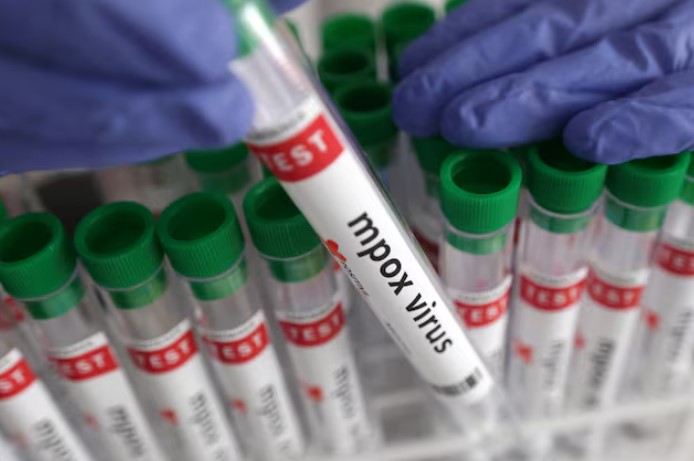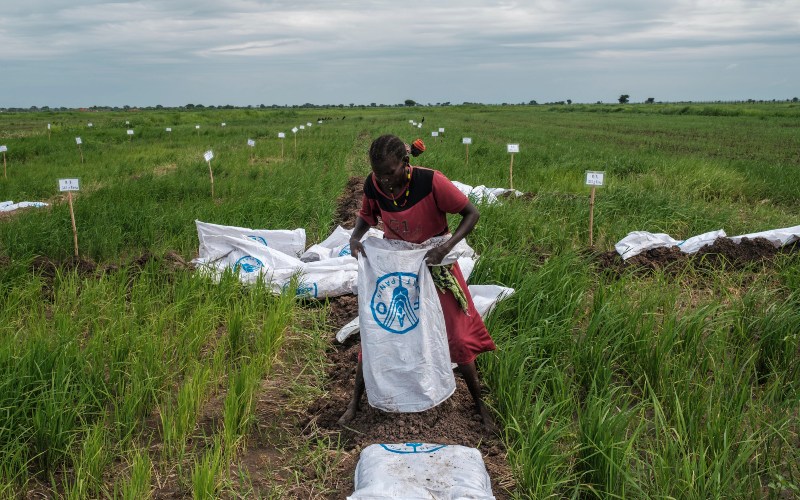New report warns 19 counties without proper disease testing facilities

The findings come from a joint study by the African Institute for Development Policy and Global Solutions for Diagnostics and Laboratory Systems.
Kenya’s ability to tackle disease outbreaks is under serious strain, with a new report revealing that 19 out of the country’s 47 counties do not have functioning diagnostic facilities that meet national standards.
The lack of proper testing infrastructure has raised fears over the country’s readiness to detect, report, and respond to emerging health threats in time.
More To Read
- KNCHR says Kenyans still locked out of healthcare despite Sh138 billion SHA boost
- MPs ditch SHA, the public health scheme they once praised, and opt for private cover
- How Trump–Ruto health deal fills the void left after USAID exit
- MPs demand SHA clears Sh10 billion in pending NHIF bills within three months
- TSC confirms shift to SHA cover for teachers from December 1
- SHA transition sparks tension as teachers cite lack of consultation, legal violations
The findings come from a joint study by the African Institute for Development Policy and Global Solutions for Diagnostics and Laboratory Systems.
The two non-profit organisations are focused on building stronger health systems and boosting diagnostic services in low- and middle-income countries.
Through their Diagnostics for Universal Health Coverage Tracker, they assess county-level access to diagnostic tools to improve health planning and outbreak preparedness.
According to the report, only 60 per cent of counties are equipped with the tools and systems needed to detect disease-causing pathogens and report them promptly to national authorities.
The rest of the counties, which make up 40 per cent, lack essential components of an early warning system, delaying medical intervention and increasing the risk of wider outbreaks.
The study outlines the importance of diagnostic laboratories, which test for diseases such as M-pox and cholera using polymerase chain reaction (PCR) machines and rapid diagnostic kits for conditions like HIV and malaria.
They also rely on microscopy and culture labs, cold storage for samples, and digital systems that send data to national surveillance centres.
Well-functioning labs help detect diseases early, allowing for timely treatment and effective control.
They are also key in guiding emergency response plans, investigations into outbreaks, and rolling out vaccination drives.
The absence of these facilities leaves counties without the ability to act quickly when cases arise.
In counties that do not have these labs, samples must be sent to central laboratories, often located far from the point of outbreak, causing delays that can stretch into days or even weeks.
These delays slow down the Ministry of Health’s ability to raise alerts, send response teams, or supply the affected regions with the tools needed to control the spread of illness.
The report warns that unless counties receive support to develop their diagnostic infrastructure, Kenya will continue to struggle with early disease detection and containment.
The researchers have urged the government to prioritise investment in laboratory services across all counties to strengthen the national health system and avoid preventable emergencies.
Top Stories Today












































